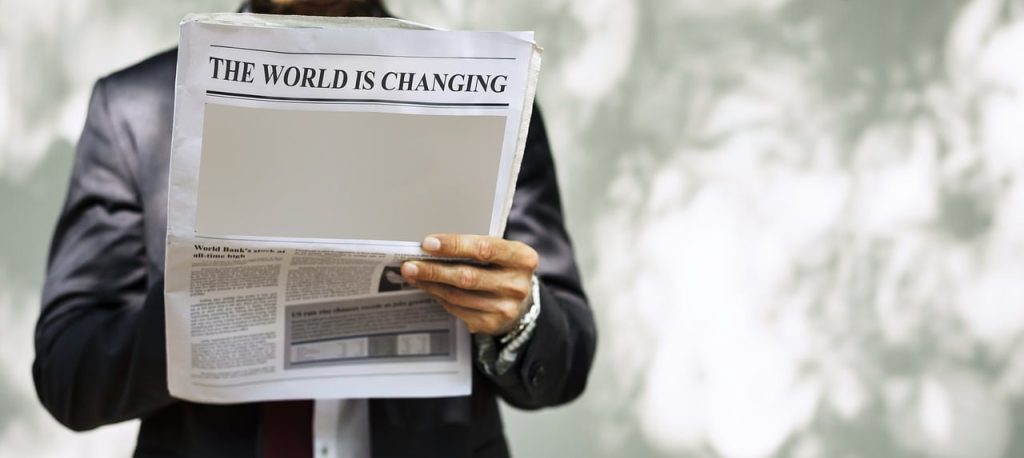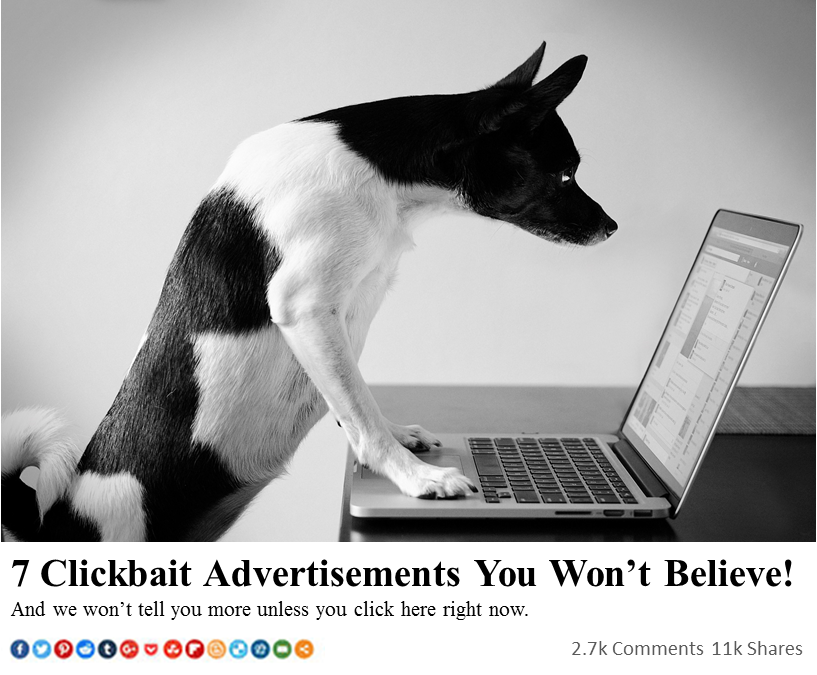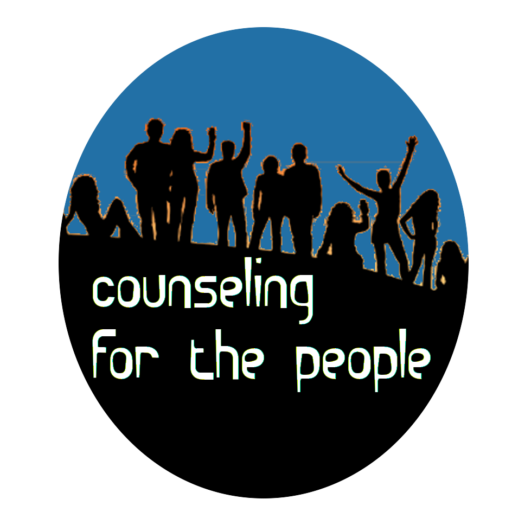
As someone with a Bachelor’s in Political Science who has been active in social and environmental issues on and off over the years, I made a prediction some years ago that I really, really now hate being correct about. I predicted that in the future, news headlines would have negative affects on people’s mental health. It appears that future is now. But we can’t afford to address these issues by pretending these issueS don’t exist. There are other ways we can address these mental health challenges.
While I have a wide array of political beliefs among my clients and while I try to keep politics out of the therapy sessions, sometimes it’s unavoidable. It is truly a privilege—indeed, an extreme privilege–to be able to live in a world where current events don’t have a potential effect on your material and even physical well-being.
A number of articles have begun to address this mental health phenomenon over the past year. The suggestion that we moderate our exposure to mass media and social media is reasonable, but it’s incomplete.
Mental health clinicians often fall into the trap of thinking about issues from a strictly personal and cognitive perspective. This may cause them to insist that if a thought is causing you trouble, then you should avoid the thought. This thinking is often a product of white middle-class privilege, which in my experience runs quite rampant in the counseling profession. In this world, it’s easy to think that current events don’t have a potential effect on your material and even physical-well being.
But when the thought is based on real-world issues, eliminating that thought is not only much more difficult, but irresponsible. In a democracy, we need to be informed and make informed decisions.
So if we are to moderate our exposure to mass media, it should be in the interest of ensuring that we are still informed, and taking action based on that knowledge.

Empowering us to do something about the issue is something that our clickbait-based media have little interest in promoting. What we know as “news,” by its very nature, also tends to be bad news. It also means that a lot of positive change often doesn’t get reported.
TikTok, for all its flaws, provides a useful example of a way to manage your news intake. A lot of us—myself included—can get caught in the process of “doomscrolling” where we give most attention to the issues that worry us. I was seeing so much bad news that I began to not want to have anything to do with the platform at all. Instead of avoiding TikTok, I made some changes as to how I consume the media there.
With every video on current affairs that comes up, I try to discern within a few seconds if 1) it’s something I already know about, 2) whether viewing this necessary for me to become a better informed citizen, and 3) whether I will be better able to respond to the situation by viewing this. In addition, I will give more of my attention to content that not only educates me on the issues but actively demonstrates how people can create change. This has had a noticeable impact on what TikTok now sends me, but even if it doesn’t, I’m still fully in charge of what I see. Other social media and mass media empires aren’t as responsive on their algorithms. But here, too, we can choose what we look at, based on need to know and feeling empowered to do something about it. I also manage what content I expose myself to by using a feed reader on my mobile phone. (i.e. Feedly, NewsBlur, NetNewsWire) from which I can subscribe to various news sources and read them.
Once you’ve figured out how you want to be informed about current events, the next question to answer is what to do about the news you read. Citizen movements have often created significant change in this country and abroad. Debates abound in political circles as to how to best make a difference. A growing consensus seems to agree that there not only are there multiple legitimate ways to create change in our society, but that multiple simultaneous approaches are necessary. So do some research on what organizations are out there. Ask yourself how you can best live within the values that you would like to see more widespread in society.
Many people attribute the saying “May you live in interesting times,” to being a Chinese curse. Reportedly, no source of this phrase has been attributed from Chinese culture. But it’s fair to ask to what extent “interesting times” are indeed a curse. In any case, the best way to respond to “interesting times” is to be careful about what you read while still staying informed, and then figure out how you can best make a difference.
